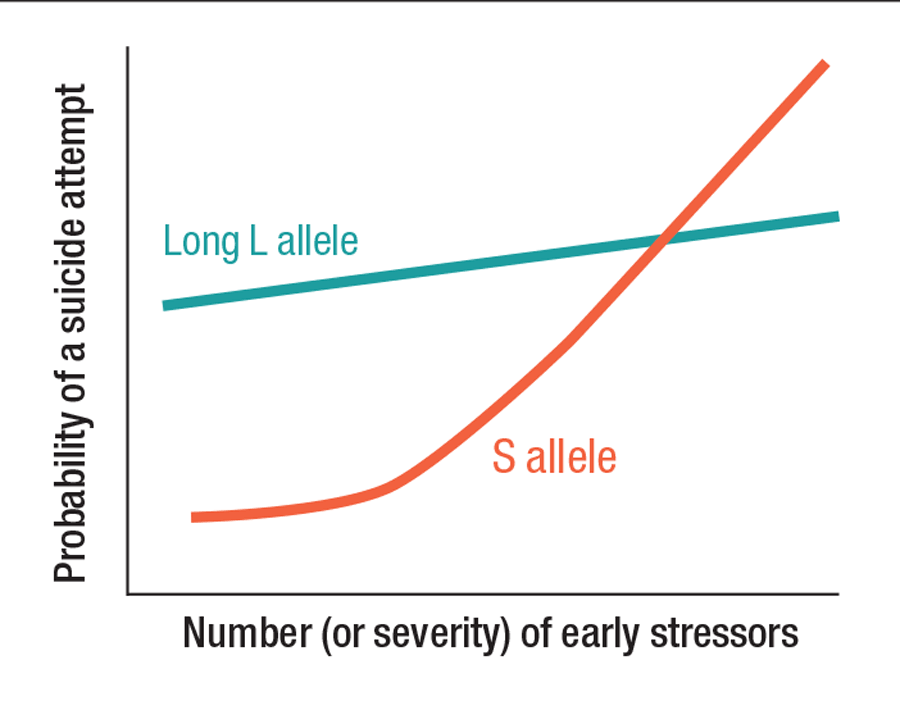

In this study, the researchers sought to investigate how the serotonin transporter changes when a depressed person is successfully treated. To better understand these findings a longitudinal or post-treatment study design can be used to answer the question of whether 5-HTT is temporarily or chronically low in people with depression. This finding is somewhat surprising given the dominant theory of serotonin function in depression, "the serotonin hypothesis." This theory dictates that low levels of synaptic serotonin causes depressive symptoms, and since the function of 5-HTT is to reduce the concentration of serotonin, high levels of the protein could be expected in depressed individuals. To achieve this, more knowledge is needed about the biological causes of the disease.Įarlier studies have shown that depressed individuals have lower levels of 5-HTT in the brain than healthy individuals. However, the effect of these drugs can be delayed by several weeks and in certain cases they have no effect at all, so the need for new or improved drug therapies is pressing. Many modern antidepressant drugs inhibit this transporter, which increases the concentration of serotonin in the synapses.

Its transporter protein, 5-HTT, is considered to play a critical part in depression, as it pumps serotonin away from the cerebral neuron synapses, thus regulating the amount of active serotonin the brain. Serotonin is a neurotransmitter that affects, amongst other things, mood and emotion. "The finding raises many questions about the function of the serotonin system in depression and opens up for lines of research that could challenge the prevailing concept of serotonin and depression."

"Our results suggest that changes to the serotonin system are part of the biology of depression and that this change is related to the episode rather than a static feature - a state rather than a trait," says the study's last author Johan Lundberg, researcher at the Department of Clinical Neuroscience, Karolinska Institutet.


 0 kommentar(er)
0 kommentar(er)
